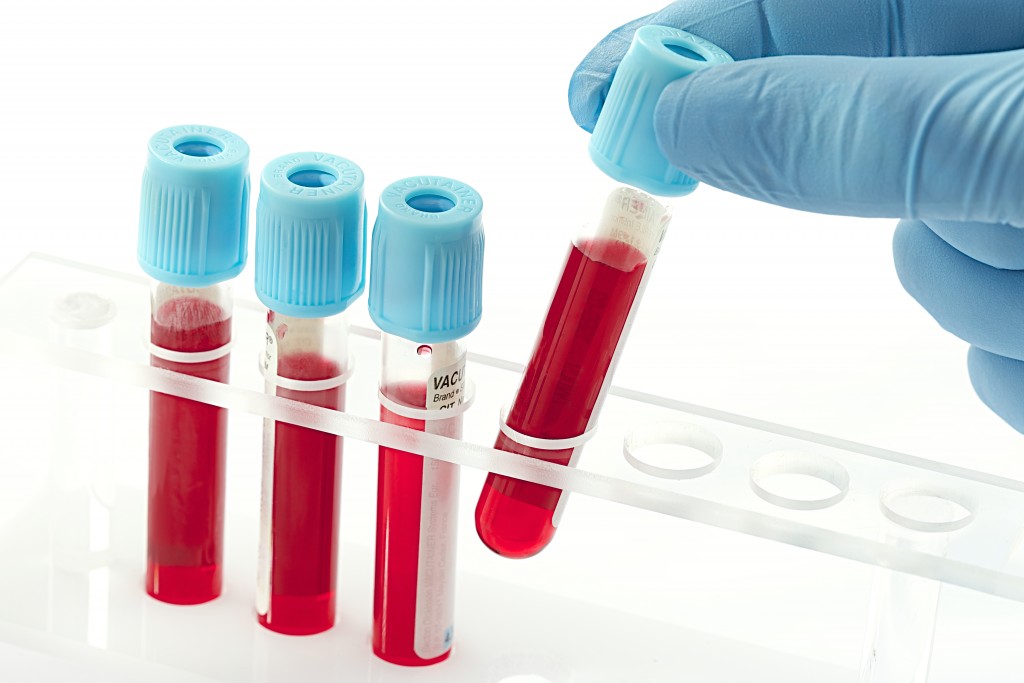Our blood is the literal lifeblood that’s coursing through our bodies. Not only does it transport much-needed nutrients, sustenance, and oxygen throughout every essential system of our body, but it’s also what gives us our identity.
In a scientific sense, every person is unique in their own biological and genetic makeup. Everyone will have their own gender, height, weight, and appearance. Some individuals will get allergic reactions to certain substances, while others have innate immune disorders since they were born. But when it comes to our blood, we also have blood types that are used to determine several different medical procedures in our lives, including IV therapy.
In some cultures, knowing the blood type of an individual can have its own significance. Japan has an interesting horoscope that’s designed around blood types. But there’s more to blood types than just knowing what your personality is depending on your blood. Knowing the blood type can be a determining factor in a lot of emergencies. Most individuals are aware of this that 99% of Japan’s population is well aware of their blood type in case a specific accident might happen.
But other than some superstitious belief that your blood type will decide who your soulmate will be, how does know your blood type help your health? Will it come in handy in emergencies? We’ll be clearing up any fog of uncertainty that you might have.
Blood Types
First and foremost, we have to discuss blood types and how this will affect transfusions and other medical procedures.
Your blood type is determined by antigens that are found in either your plasma or your blood. Sometimes, antigens can be present in both your plasma and blood, but there are also times that antigens can be present in only the plasma. The type of blood that’s present in the body will dictate how your body will trigger in response to an attack on the body.
Four blood groups are determined by the antigens A and B, which are situated on the surface of red blood cells. Not to mention that the Rh factor needs to be taken into account.
To make things easier to understand, here are the main blood groups:
- Type O – This blood type can be donated and transfused to everyone. However, those who do have the Type O blood type can only receive it from the same recipients. Any blood type that has antigens will be seen as foreign and subsequently broken down.
- Type A – Individuals with this blood type can give their blood to individuals who have type A and AB. They are only able to receive blood from type A and O patients.
- Type B – Type B individuals will only be able to donate to type B and AB patients. Similarly, they can only receive from type B and type O individuals.
- Type AB – AB is a bit unique that people under this type can only donate to AB individuals. Individuals in this blood type can receive any blood type from any individual.
Blood typing is done before surgery or an IV bag is used for blood transfusion. That will just mitigate the chances of incompatible blood. Agglutination or blood clumping can happen if the wrong type of blood is used during transfusion. If this is the case, it can be fatal.
No worries because blood typing is a fast and easy process, which will usually take around 15 to 30 minutes, depending on how fast the medical practitioner is.
Blood Transfusion
When it comes to transfusion, the transfused blood will need to be compatible with the patient’s immune system. The best way to determine if the antigens in the blood are compatible is through blood testing and knowing the blood type of the patient.
Accidents and Emergencies

Vehicular accidents are considered to be one of the highest contributors to death each year. There are around 1.35 million deaths each year due to car crashes and emergencies. No matter how safe you’ll be driving, someone can still make a mistake, which can lead to accidents. Therefore, fast-response medical teams will need to be able to administer emergency IV transfusion whenever someone is in a critical condition. The best of getting this information is by acquiring it from the patient’s identification cards or them directly.
In certain countries, identification cards such as a driver’s license will have the blood type information of the individual if ever an emergency blood transfusion is needed.
There’s a lot of benefits of knowing about your blood type. Every two seconds in the United States, someone is in dire need of a blood transfusion, either it’s from blood loss or a particular condition. Knowing your blood type is a matter of life and death since specific antigens will have varying reactions to different blood types. While some blood types are compatible, mixing incompatible blood types could be fatal.






